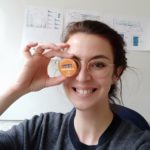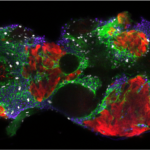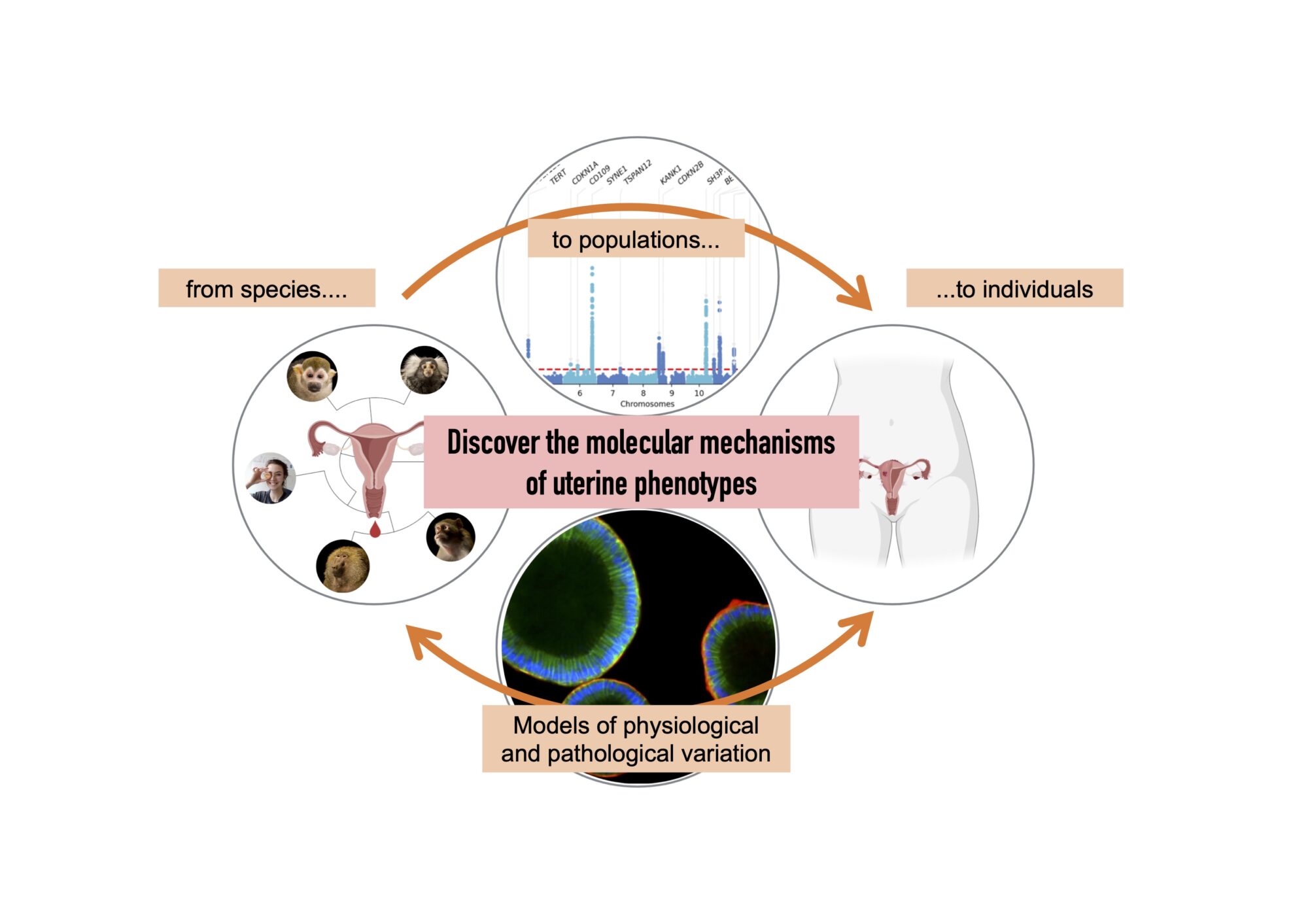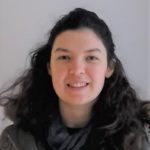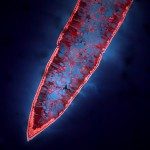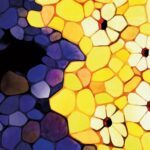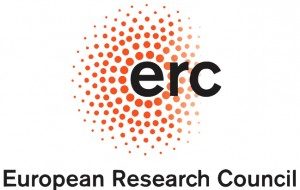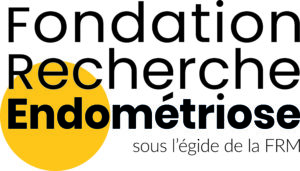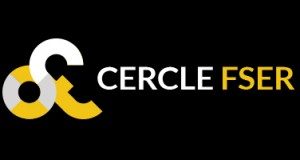The Comparative Functional Genomics G5 group investigates how evolutionary innovations arise in vertebrate genomes through changes in gene sequences, gene expression and gene regulation. Our main model is the evolution of menstruation, a reproductive trait which was acquired during the evolution of primates, which we investigate by comparing primate uterus samples with a combination of single-cell functional assays, organoid models and computational analysis. We also develop bioinformatics models and frameworks to study how gene expression and regulation changes through time, and cellular models to test how evolutionary changes in gene function result in measurable molecular phenotypes. Finally, we are interested in how new evolutionary traits such as menstruation connect to disease, and study how menstrual fluid may be involved in the development of endometriosis.
Latest News
June 2024. Camille is back from maternity leave!
March 2024. We have a new preprint online! In this manuscript, we used endometrial epithelial organoids to investigate how gene expression has changed in the uterine epithelium between humans, macaques and mice. We discovered a convergent response signature to progesterone between human and mouse, specific to genes involved in uterine receptivity to embryo implantation. Interestingly, humans and mice share a similar embryo implantation phenotype, called interstitial implantation, which is different from macaque. Using single-cell RNAseq, we confirmed that several key implantation genes have closer expression patterns in the maternal mucosa in humans and mice than in other monkeys such as macaques and marmosets. Our results suggest that convergent evolution has acted on gene expression in rodents and apes to modify the maternal mechanisms that control the preparation to embryo implantation.
February 2024. Our first foray into uterine and endometriosis research is published in Reproductive Biology and Endocrinology! In this systematic review of endometriosis biomarkers, we highlight several key candidates – and how easily accessible fluids such as menstrual fluid have been almost entirely ignored so far. This work was spearheaded by Axelle Brulport when she was in the lab, in tight collaboration with our colleagues at Institut Cochin.
October 2023. The team is evolving – we say goodbye and good luck to Malgorzata Gazda who is starting her independent lab as Assistant Professor at the Université de Montreal in Canada, and we welcome Leo Zeitler, Claire Lavergne and Luca Binda, who join the team for their postdoc, PhD and Master internship respectively! Leo, Claire and Luca are all joining our large project on the evolution of menstruation in primates.
September 2023. Our latest article is published in Genome Research! In this collaborative work with Diego Villar’s team at QMUL, we investigate how gene regulation has changed when mole rats adapted to subterranean environments and developed their amazing resistance to hypoxia and ischemia.
April 2023. We welcome Katie Leap into the team! Katie is joining us to investigate the convergent mechanisms of menstruation in mammals using cellular models.
March 2023. Congratulations to Axelle Brulport, who was recruited as a tenured researcher through a highly competitive process at INSERM! Axelle leaves us for Lyon to pursue her research on endometriosis, and we wish her all the best!
Feb 2023. Our latest article is now published in Science! Congratulations to Elise Parey for this excellent work, and the latest in our run of work on the evolution of polyploid fish genomes!
